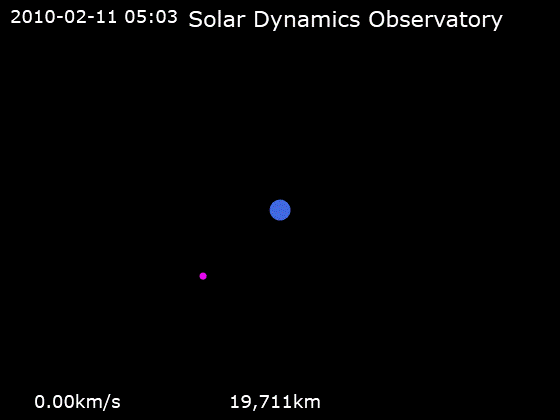NASA's Leadership Decisions: A Historical Perspective on Space Exploration

In the Summer 2025 issue of the NASA History Office's News & Notes newsletter, the unifying theme revolves around pivotal leadership decisions that have shaped NASA's trajectory in space exploration. This issue highlights significant events and decisions, including the Shuttle-Centaur program, the assessment of donations to the NASA Archives, and the initiation of NASA's exoplanet program catalyzed by the discovery of the first exoplanet orbiting a sun-like star.
According to Brian Odom, NASA's chief historian, the agency's history is marked by critical decisions that have defined its legacy. "From George Mueller's 1963 decision for 'all up' testing of the Saturn V rocket to Michael Griffin's 2006 decision to embark on a final servicing mission to the Hubble Space Telescope, these choices reflect NASA's resilience in facing crises and uncertainties," Odom stated in the newsletter (NASA History Office, Summer 2025).
One of the featured articles, written by Robert Arrighi, delves into the implications of the Shuttle-Centaur decision made by NASA Administrator James Fletcher on June 19, 1986. This decision to cancel the integration of the Centaur upper stage with the Space Shuttle was rooted in safety considerations following the Challenger disaster earlier that year. Arrighi notes, "Although the Shuttle/Centaur decision was very difficult to make, it was deemed necessary to ensure the safety of future missions" (Arrighi, NASA, Summer 2025).
The newsletter also revisits the tragic Apollo 1 incident, where a fire during a simulated countdown on January 27, 1967, claimed the lives of three astronauts, including Virgil I. Grissom. Kate Mankowski, in her article, emphasizes the profound impact of this event on NASA's safety protocols and decision-making processes. Mankowski writes, "The Apollo 1 tragedy underscored the inherent risks of spaceflight and compelled NASA to reevaluate its safety measures and operational protocols" (Mankowski, NASA, Summer 2025).
Additionally, the newsletter commemorates 35 years of the Hubble Space Telescope, with Jillian Rael discussing how initial congressional resistance turned into overwhelming support due to the telescope's groundbreaking discoveries. "Hubble's ability to observe distant galaxies and refine our understanding of the universe has solidified its place as a cornerstone of modern astrophysics," Rael explained (Rael, NASA, Summer 2025).
The decision-making processes at NASA extend beyond technical challenges; they encompass a broader narrative of leadership, resilience, and innovation. As noted by Brad Massey, the manager of NASA's Large Area Crop Inventory Experiment, stakeholders must navigate funding challenges while demonstrating the long-term value of space exploration initiatives (Massey, NASA, Summer 2025).
The issue also reflects on the archival practices within NASA, as discussed by Alan Arellano, highlighting the art of appraising and preserving historical records. "Archival work is as much about skilled decision-making as it is about following scientific principles," Arellano stated, illustrating the complexities involved in maintaining NASA's historical legacy (Arellano, NASA, Summer 2025).
The contributions of NASA extend beyond technical advancements to include cultural and artistic dimensions, as Sandra Johnson explores in her feature on Robert McCall, an artist integral to the NASA Art Program. Johnson captures McCall's unique perspective, noting, "Art and science converge in space exploration, providing a narrative that resonates with the public and inspires future generations" (Johnson, NASA, Summer 2025).
In summary, the Summer 2025 edition of NASA's News & Notes provides a comprehensive look at the agency's history through the lens of leadership decisions and their far-reaching implications. As NASA continues to push the boundaries of exploration, the lessons learned from its past will undoubtedly inform its future endeavors. The ongoing dialogue about safety, funding, and innovation remains crucial as the agency navigates the complexities of modern space exploration.
This newsletter serves not only as a record of NASA's historical achievements but also as a reminder of the critical nature of decision-making in shaping the future of humanity's exploration of space.
Advertisement
Tags
Advertisement





